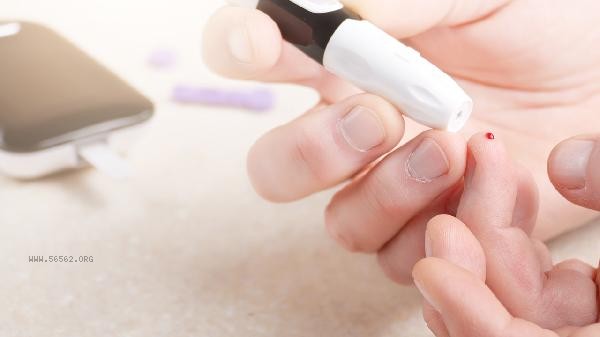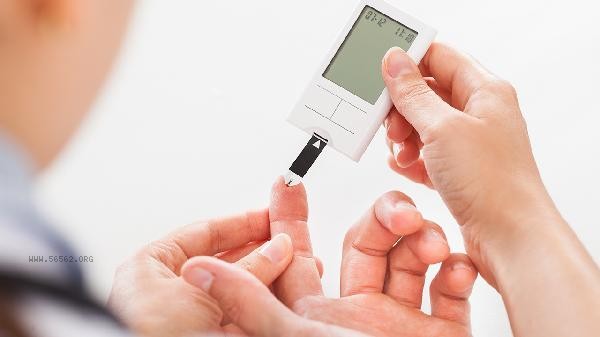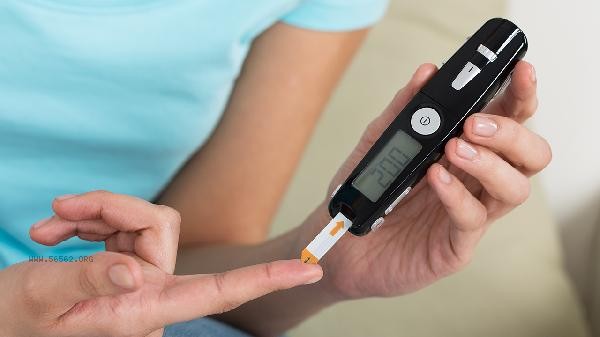Low creatinine in diabetes usually reflects abnormal muscle metabolism or insufficient nutrition intake. The main reasons include insufficient protein intake, reduced muscle mass, metabolic disorder, compensatory enhancement of renal function and poor long-term blood sugar control.

1. Insufficient protein intake:
Long term lack of high-quality protein in the diet can lead to a decrease in creatinine production. When patients with diabetes excessively control their diet or have digestive and absorption disorders, they are prone to protein malnutrition, which is manifested by the lower level of serum creatinine than normal. It is recommended to supplement protein with foods such as eggs, fish, and soy products, but the intake should be adjusted in conjunction with blood glucose monitoring.
2. Decreased muscle mass:
In patients with diabetes combined with myopenia or long-term bed rest, creatinine synthesis materials are reduced due to muscle tissue atrophy. Age, lack of exercise and diabetes neuropathy can accelerate muscle loss. Resistance training and moderate aerobic exercise can help improve muscle metabolism.
3. Metabolic disorders: In a high blood sugar environment, the body's catabolism is enhanced, and excessive consumption of muscle protein can affect the synthesis of creatinine precursor substances. Acute complications such as ketoacidosis can further exacerbate negative nitrogen balance, and creatinine levels may significantly decrease in the short term.

4. Enhanced renal function compensation:
Early diabetes nephropathy may have glomerular hyperfiltration, and increased creatinine excretion leads to low serum creatinine. This physiological compensation is usually accompanied by an increase in urinary microalbumin, which needs to be further evaluated through tests such as urine protein creatinine ratio.
5. Poor blood glucose control:
Long term non compliant blood glucose levels can inhibit muscle tissue's uptake and utilization of amino acids, affecting creatinine production. Patients with severe insulin resistance are more prone to abnormal creatinine metabolism, and it is necessary to optimize the glycemic control plan and monitor the dynamic changes of creatinine.
When creatinine in diabetes patients is low, nutritional status and muscle function should be systematically evaluated. Ensure a daily protein intake of 1-1.2 grams per kilogram of body weight, and prioritize low glycemic index protein sources such as whey protein. Combining resistance exercise three times a week for 30 minutes each time to maintain muscle mass. Regularly monitor nutritional indicators such as serum prealbumin and transferrin, and limit the intake of plant protein for individuals with abnormal kidney function. When blood glucose fluctuates greatly, it is recommended to use dynamic blood glucose monitoring to avoid malnutrition caused by excessive control of diet.










Comments (0)
Leave a Comment
No comments yet
Be the first to share your thoughts!